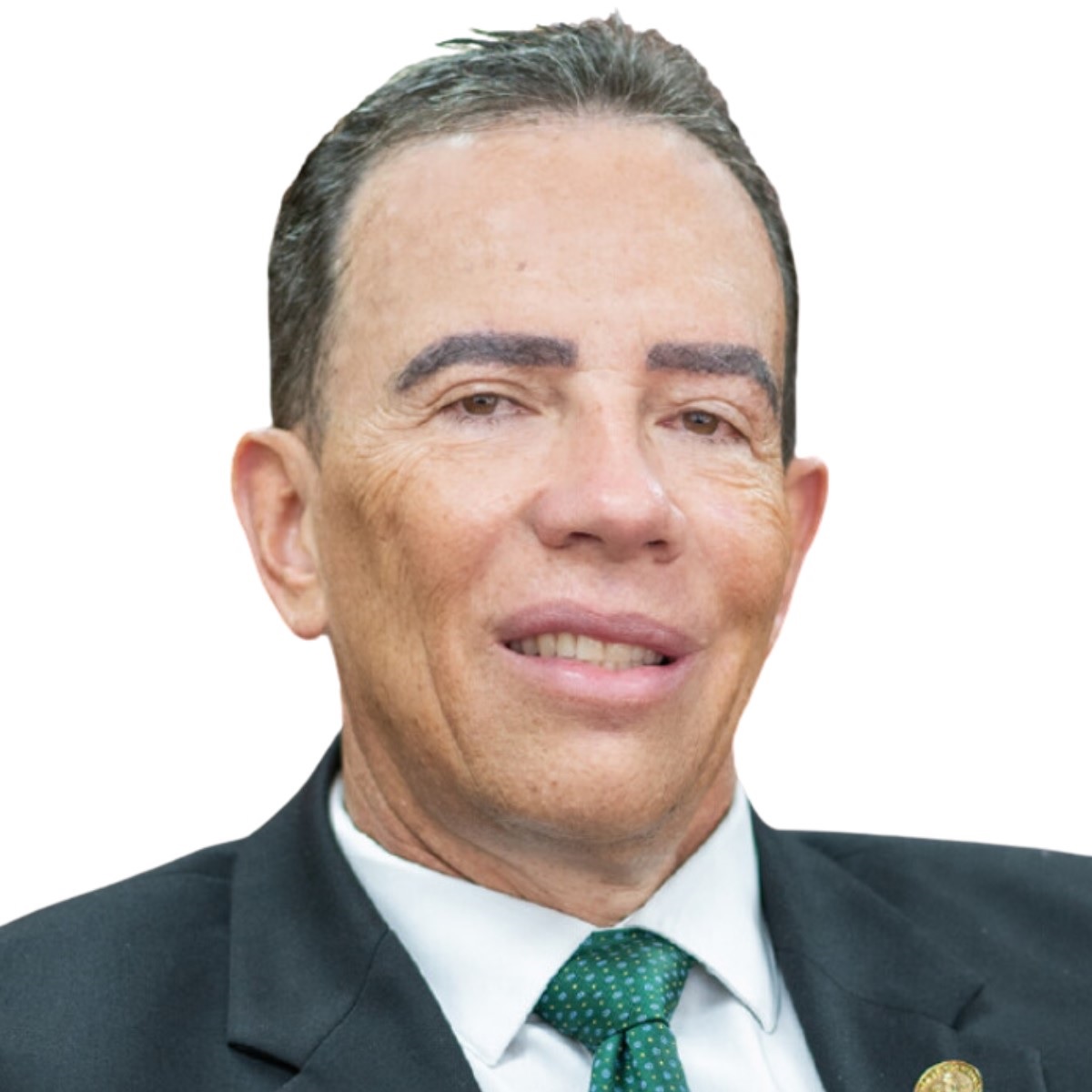Tuesday, Oct 22, 2024 | 04:30 PM - 05:15 PM
Location: HQ1 Atrium HQ1-1-700
OVERVIEW
This 45-minute talk will focus on capacity building conducted by the IMF to support financial authorities in harnessing the benefits of electronic money (e-money) while managing the risks. The talk will introduce key concepts of e-money regulation, supervision, and oversight illustrated by published departmental papers and completed technical assistance. It will also cover broader outreach delivered by the IMF through the selected issues in fintech regulation regional workshops, and the IMF’s e-money workshops. The session will feature the perspectives of the Central Bank of Trinidad and Tobago, the Central Bank of Guatemala, and the Consultative Group to Assist the Poor on their specific challenges and working with the Fund to improve capacity.
SPEAKERS
|
||
Gita Gopinath First Deputy Managing Director, IMF |
||
Gita Gopinath is the First Deputy Managing Director of the International Monetary Fund (IMF) as of January 21, 2022. In that role she oversees the work of staff, represents the Fund at multilateral forums, maintains high-level contacts with member governments and Board members, the media, and other institutions, leads the Fund’s work on surveillance and related policies, and oversees research and flagship publications. Ms. Gopinath previously served as the Chief Economist of the Fund from 2019-22. Prior to joining the IMF, Ms. Gopinath was the John Zwaanstra Professor of International Studies and of Economics at Harvard University’s economics department (2005-22) and before that she was an assistant professor of economics at the University of Chicago’s Booth School of Business (2001-05). Ms. Gopinath received her Ph.D. in economics from Princeton University in 2001, after earning a B.A. from Lady Shri Ram College and M.A. degrees from Delhi School of Economics and the University of Washington.
|
||
Alvin Hilaire Governor and Chairman, Central Bank, Trinidad and Tobago |
||
Dr. Alvin Hilaire was appointed Governor and Chairman of the Board of the Central Bank of Trinidad and Tobago (CBTT) for a 3-year term effective December 23, 2020. Dr. Hilaire is a career Central Banker, having worked with CBTT for a cumulative period of approximately twenty (20) years, holding positions of Senior Economist, Chief Economist and Director of Research and most recently, Deputy Governor since April 2013. Dr. Hilaire has extensive experience in macroeconomic policy development and implementation and monetary policy matters. Regionally, Dr. Hilaire has made significant contributions to developing the economies of small vulnerable CARICOM countries through his work as Chairman of the CARICOM Development Fund, where he was influential in increasing financial assistance to these islands. Dr. Hilaire is also well respected internationally, having spent eleven (11) years at the International Monetary Fund (IMF), serving as a Senior Economist and as the IMF Resident Representative to Guinea and Sierra Leone. He has worked on IMF financial programs in several other countries, including Croatia, Colombia, Cameroon, Ecuador and Nicaragua. Dr. Hilaire holds a Doctor of Philosophy in Economics from Columbia University in New York and graduated with First Class Honors from the University of the West Indies at St. Augustine.
 |
||
Alvaro Gonzalez Ricci Governor, Bank of Guatemala |
||
Mr. Alvaro González Ricci is currently the President of the Monetary Board and Bank of Guatemala. He has an extensive and prominent career in local and international banking (1989-2006); in several institutions of the national banking system such as ‘Banco del Café’, The Country’s Financial Group, and Citibank. His high-ranking appointments at national level include: Minister of Public Finance of Guatemala; President of the National Agency of Partnerships for the Economic Infrastructure Development (ANADIE); President of the Board of Directors of the Tax Administration Superintendency (SAT); Director of the Boards of PRONACOM, CONAPEX, ‘Crédito Hipotecario Nacional’ (National Mortgage Credit Bank), and the Interinstitutional Council for Preventing and Combating Tax Fraud and Customs Smuggling.
|
||
Sophie Sirtaine Chief Executive Officer, Consultative Group to Assist the Poor |
||
Sophie is the CEO of CGAP, an international partnership, housed in the World Bank Group, dedicated to promoting inclusive financial ecosystems that enable a green, resilient, and equitable world for all.
Sophie has dedicated her professional career to the development of inclusive and sustainable financial ecosystems around the world, with more than twenty years of experience at the World Bank, where she has held different positions, including Director of Strategy and Operations at the Independent Evaluation Group (IEG) of the World Bank and Director for the Caribbean region. Previously, Sophie worked as an expert in financial sector development and stability in Europe, Latin America, and Asia. Among others, she led various Financial Sector Assessment Programs (FSAPs) in various countries in Europe, Central Asia, and Latin America, and she was the Manager who led the World Bank's response to banking crises in various countries of the European Union during the global financial crisis of 2008-2011.Prior to joining the World Bank, Sophie worked in JP Morgan's Financial Institutions (FIG) team on Mergers and Acquisitions (M&A) in Europe, and for Halcrow Fox and Associates' Infrastructure team. Sophie holds a Masters in Economics from the London School of Economics (LSE).
MODERATOR
|
||
Dominique Desruelle Director, Institute for Capacity Development, IMF |
||
Dominique Desruelle is the Director of the Institute for Capacity Development (ICD) at the IMF. In this capacity, he oversees governance and fundraising of the IMF's capacity development activities, the Fund's online training program for external participants, the internal economics training program for Fund staff, the Fund’s network of regional training centers, and ICD’s delivery of training and technical assistance to member countries on macroeconomic analysis and forecasting and related topics.